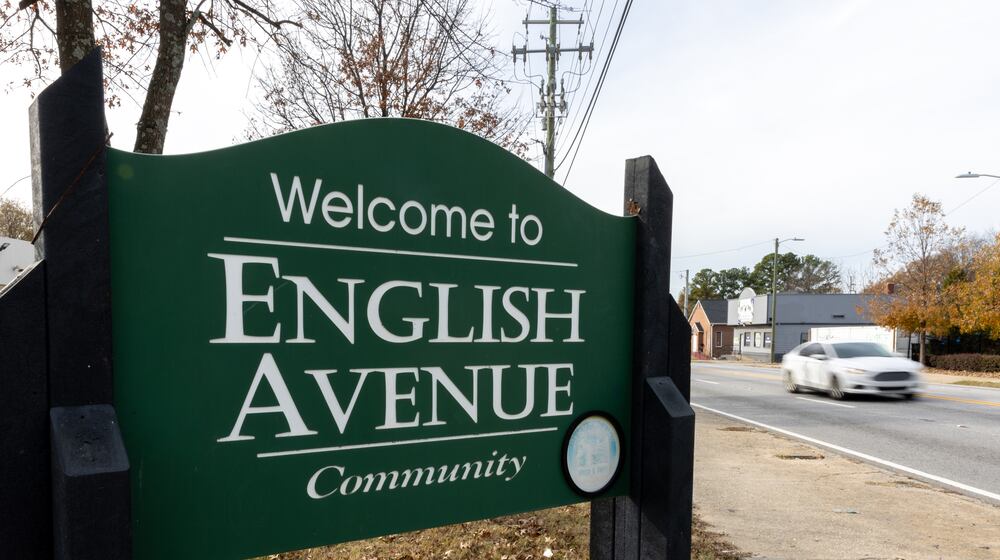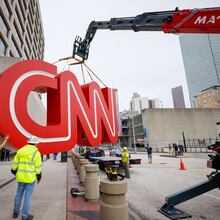If you are one of the many homeowners who decided that you could never sell your house, today is a new day for you. Finally, we are beginning to see some positive signs in the long-depressed Atlanta housing market. There are several reasons:
* The feared “second wave” of foreclosures simply has not materialized.
Massive private-equity funds such as Blackstone Group LP have come to the Atlanta market with unlimited cash to buy bank-owned homes. Their strategy is acquire the houses at discounted prices, repair them quickly, then lease the homes to generate a steady revenue stream.
This influx of out-of-town money has made it increasingly difficult for small investors to compete. But the lack of cheap houses established a pricing floor, and it was just a matter of time before prices stabilized at all levels.
* Interest rates on long-term home loans are still so low that overall affordability is at an all-time high. If there is anyone left in Atlanta with a steady job and a good credit score, they can likely qualify for remarkably attractive financing. Amazingly, the Federal Reserve has indicated no intention of raising the cost of borrowing anytime soon, so this situation may last right through the summer buying season.
However, low inventory and cheap loans have finally combined to produce the higher prices we have been missing. And I am receiving anecdotal evidence from all over our market that agents see a good year ahead for home sellers.
Three factors are seen as determining how quickly a home sells in this market:
1. CONDITION: There are two markets in residential real estate. The retail market sells to the public at full price, and the wholesale market sells at a discount to investors who intend to make repairs and sell (or rent) for a profit.
In this market, buyers expect a home to be in excellent condition before they will be motivated to make a retail price offer. So if your house needs, perhaps, a new air conditioning system, or maybe the roof is near the end of its service life, you are better off performing those repairs before the “for sale” sign goes in the yard.
2. MARKETING: The best deal in the world won’t sell if no one knows it is available. So it’s critical to let every prospective purchaser know as much as possible about your home. That means listing your home on craigslist, putting up a sign, deciding whether or not to use the services of a real estate professional, and holding an open house on weekends. Remember that the most motivated buyers are already using an agent to help them find your home, so your job is to make it easy.
My advice is to use a broker who is tech-savvy and will make sure your home receives the widest possible exposure, both locally and on the Internet. Over 90 percent of buyers say they begin their home search on the web, so you need to be there.
3. PRICE. Remember that no matter what you may be able to get a buyer to offer, it won’t do you any good unless it can appraise for the full amount of the contract price. And appraisers are still notoriously conservative.
In this market, I do not recommend building a “fudge” factor into your asking price. Instead, find a price you can live with and justify, then be firm on your price. It’s better to turn down low offers than to receive no offers at all. Overpriced homes are simply a waste of time in today’s market.
Unfortunately, the economy continues to drag, and unemployment remains stubbornly high. But this spring may present the best selling opportunity we have seen in several years, and buyers are stepping up to make it last. Let’s hope for continued improvement.
I have gathered a list of my top 100 home selling tips, and you can get get a free copy by download at Money99.com.
About the Author




